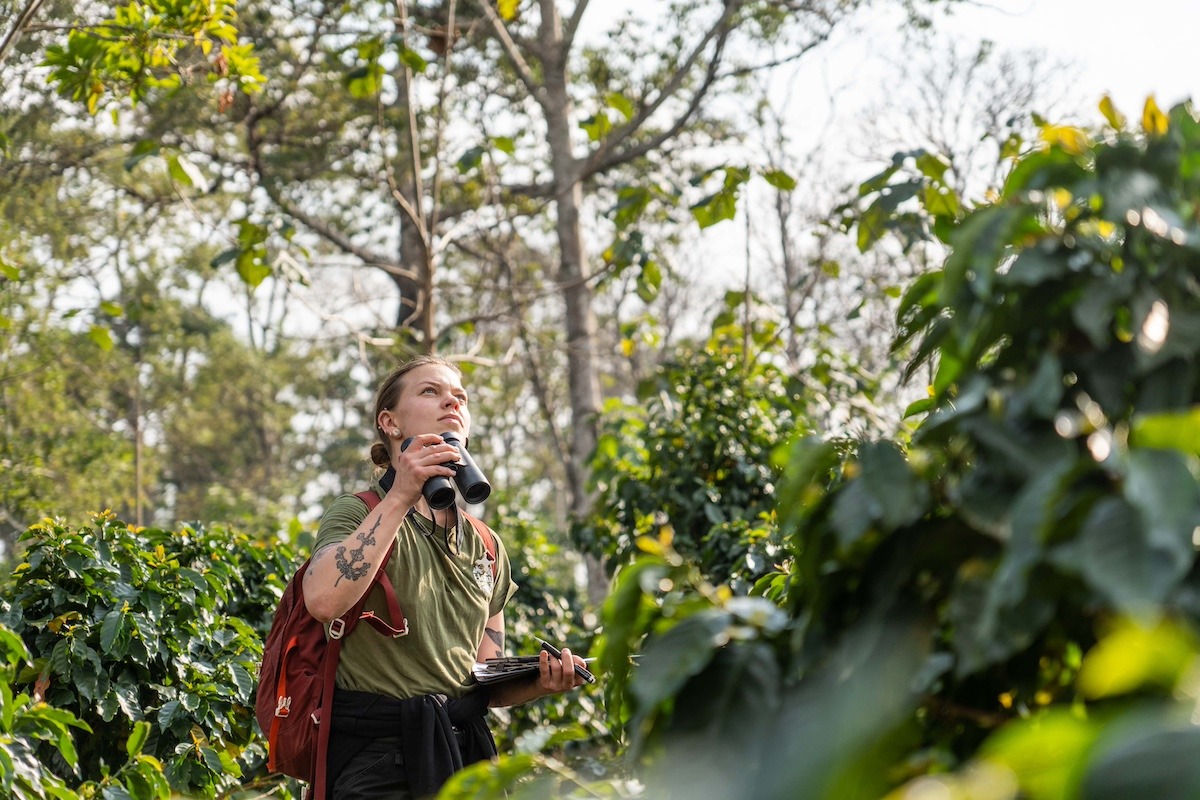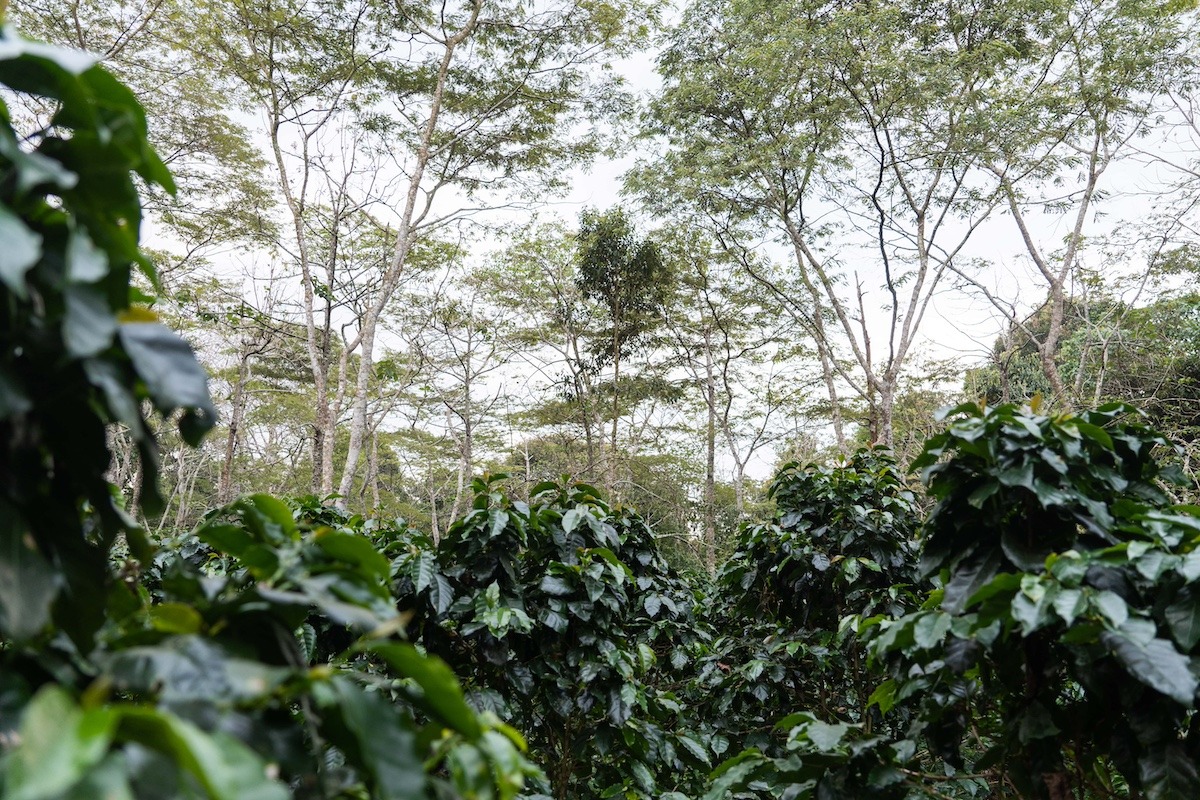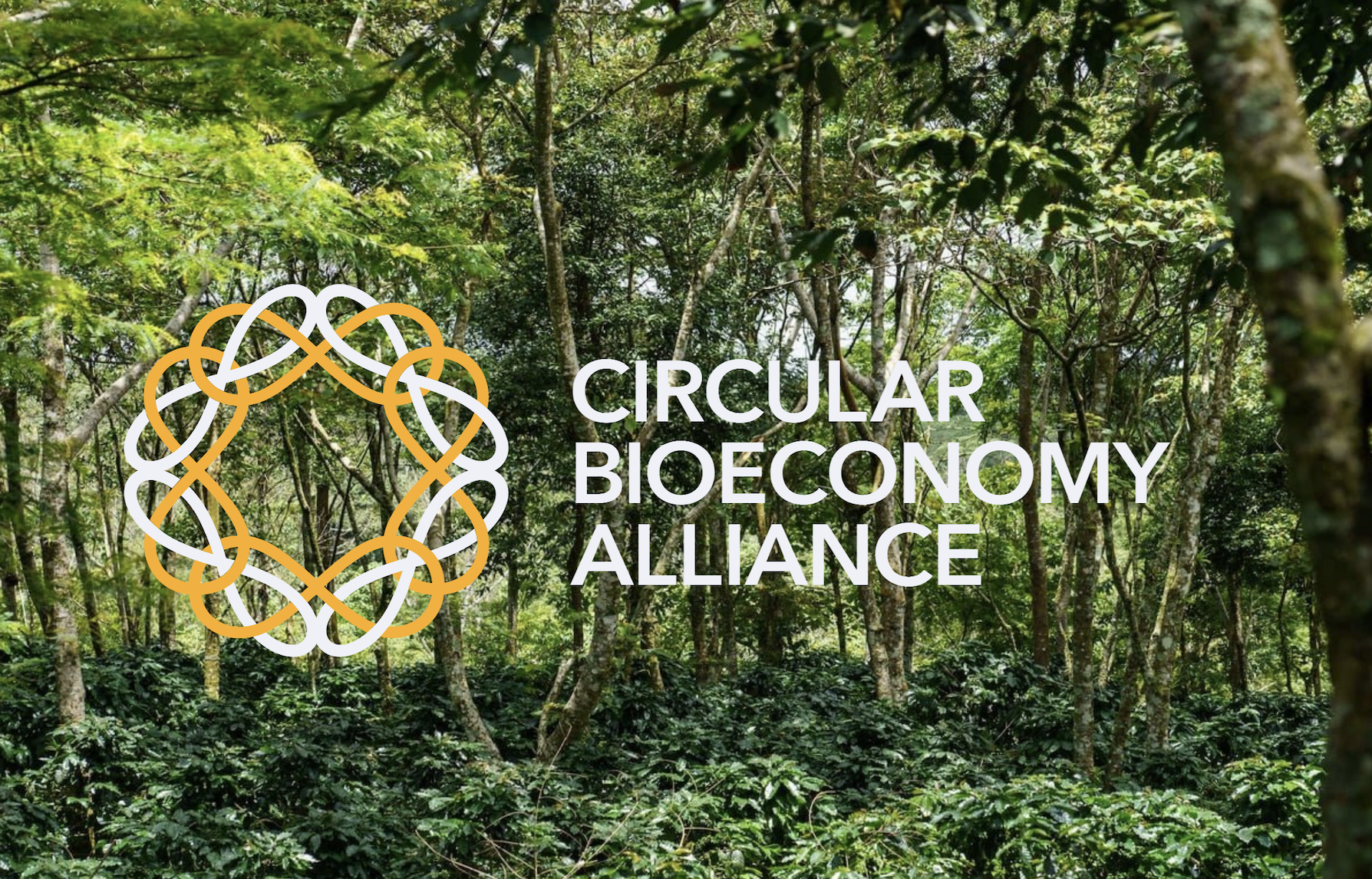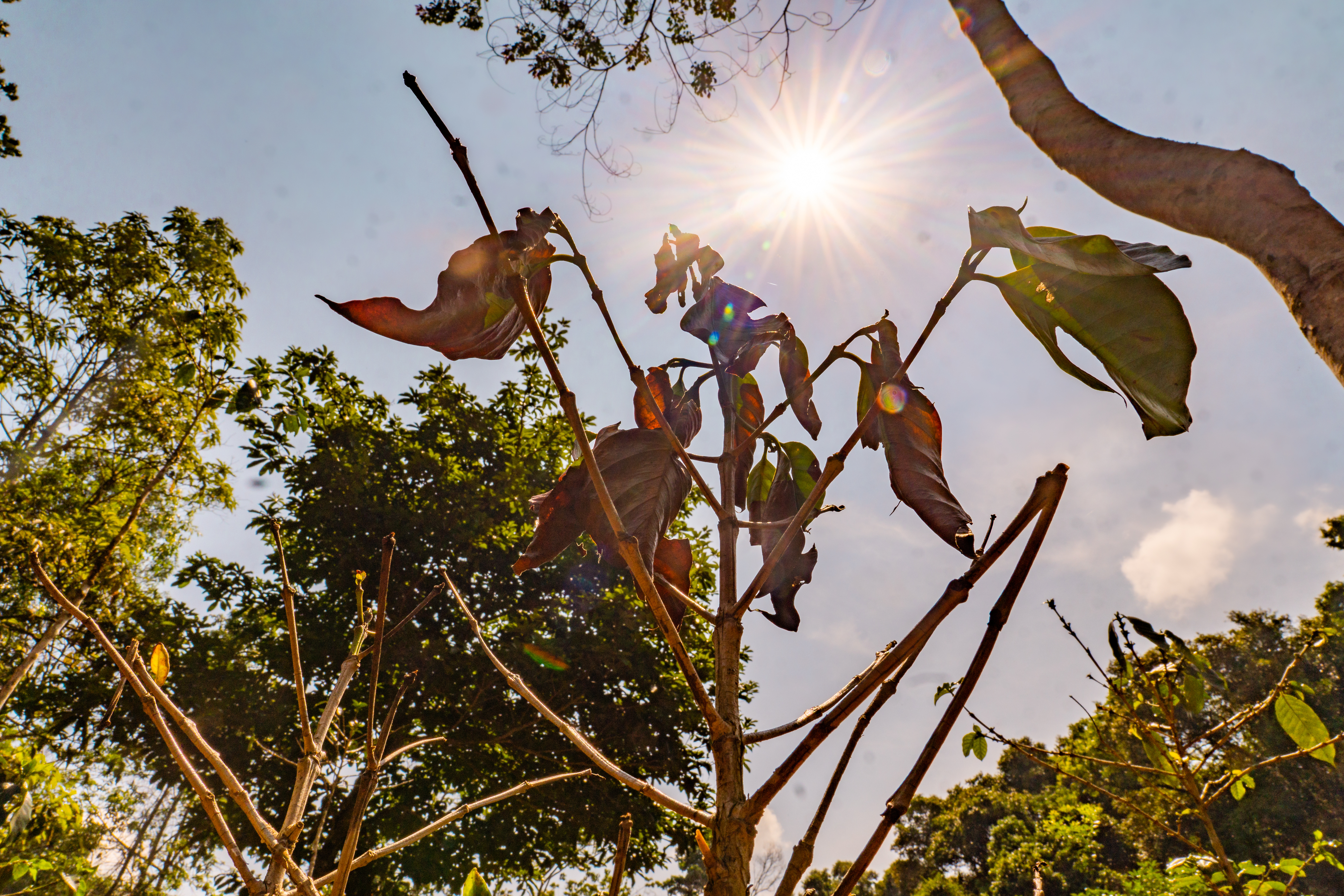Slow acquires African Coffee Roasters – A New Era for Sustainable Coffee
Big news from Slow. African Coffee Roasters is now part of the Slow family. And this isn’t just an acquisition—it’s a major step forward in how...

Bird expert studies biodiversity at Slows farm in Lao. Slow/Saosavanth Ketmala
But what does nature-positive coffee really mean?
Being nature-positive coffee means that every step, from growing and processing to roasting and selling the coffee, interacts with nature in a restorative and regenerative way, rather than just extractive.
Of course, this is a broad definition and people can think differently about how to achieve that.
Today, natural capital is in decline across multiple dimensions. Current demands require resources estimated to be 1.8 times greater than what the Earth can sustain, with agriculture a major contributor to exceeding planetary boundaries.
Two billion cups of coffee are consumed globally every day, driving a surge in demand that has profound implications for sustainability. The biggest environmental damage occurs during coffee bean production itself.
Monoculture farming, now the norm in many coffee-growing regions, poses a significant threat. These regions are often home to some of the most delicate ecosystems on Earth, teeming with biodiversity. The potential for serious damage is strong. Monoculture prioritizes large-scale production of a single crop, leading to deforestation and soil degradation. This disrupts these fragile ecosystems, jeopardizing the very plants and animals that contribute to healthy coffee production.

When we look at how to transition to a nature-based economy, coffee is a good starting point because it is very well-suited to agroforestry. Slow/Saosavanth Ketmala
When we look at how to transition to a nature-based economy, coffee is a good starting point because it is very well-suited to agroforestry. The solution lies in converting industrial monoculture coffee plantations into carbon-negative agroforestry systems, which can create better-tasting beans, benefit nature and increase farmer profits. Coffee farms can sequester an estimated 4.5kg of CO2 for every kilo of roasted coffee, in effect sequestering carbon with every sip.
By adopting this approach, companies can assess their nature footprint, like how they track their carbon footprint. This allows them to identify areas for improvement and demonstrate their commitment to environmental responsibility.
A 2022 McKinsey & Company analysis showed that corporate action on nature could help reverse the trend of natural capital depletion. Actions to address the loss of natural capital also overlap with decarbonization activities that companies are already considering or pursuing. But the report emphasizes that corporate action alone is insufficient.
Enabling actions from other stakeholders are also crucial for achieving significant progress. This highlights the need for a collaborative effort across businesses, governments and individuals to ensure a truly nature-positive future.
Taking responsibility for our impact on biodiversity and nature itself could help reverse the trend of depletion of natural capital, the world’s stock of natural assets. Why wait? Start contributing to a nature-positive economy with Slow.

Big news from Slow. African Coffee Roasters is now part of the Slow family. And this isn’t just an acquisition—it’s a major step forward in how...

A few years ago, coffee and chocolate were just products. But at Slow, we’re changing the story. We’re not just selling beans and cocoa, we’re...

For years, coffee prices moved with supply, demand, and speculation. That equation has changed.